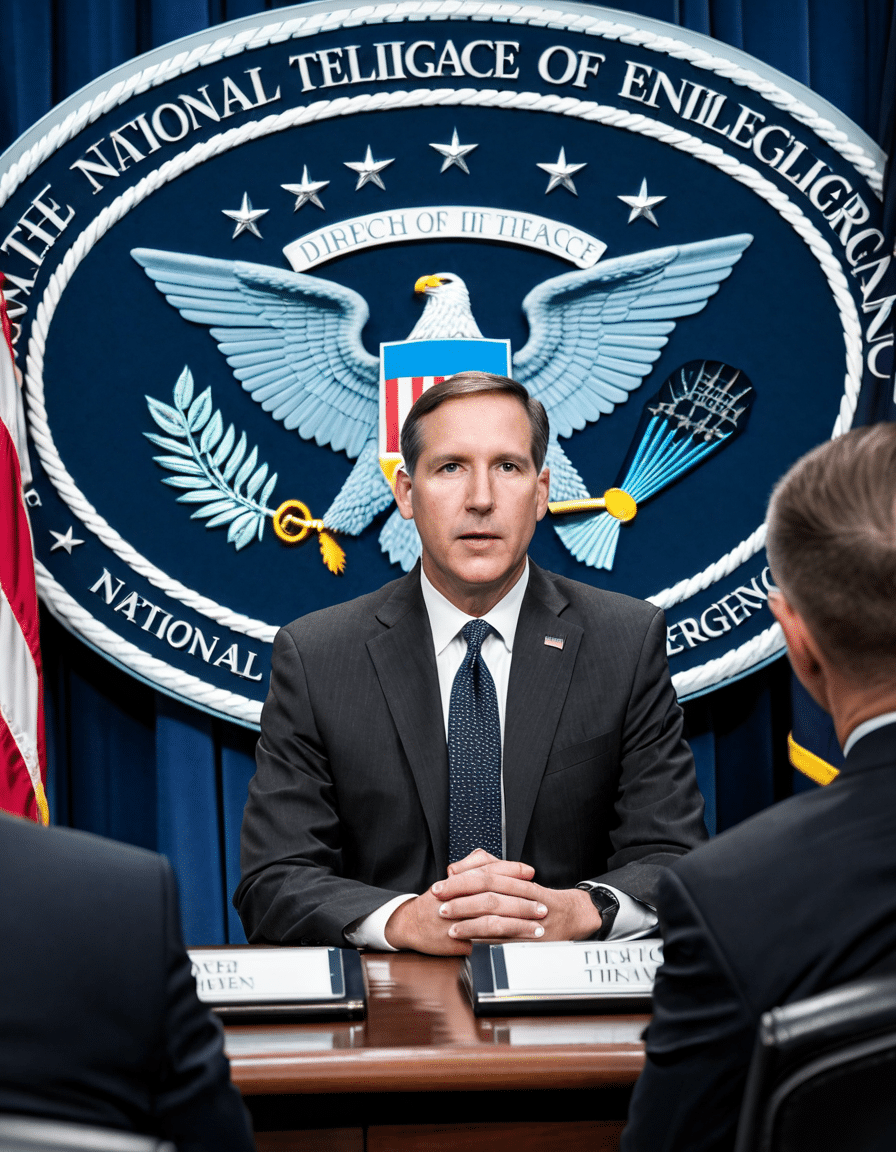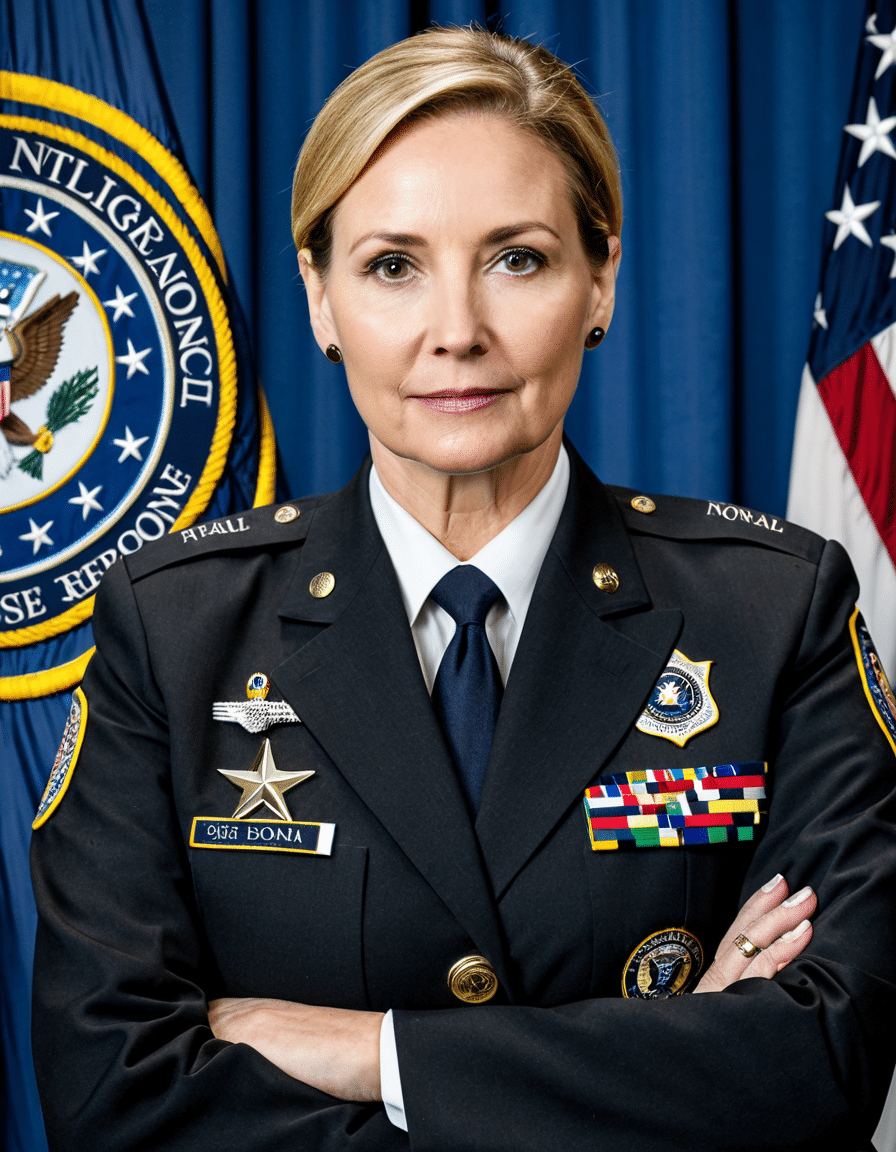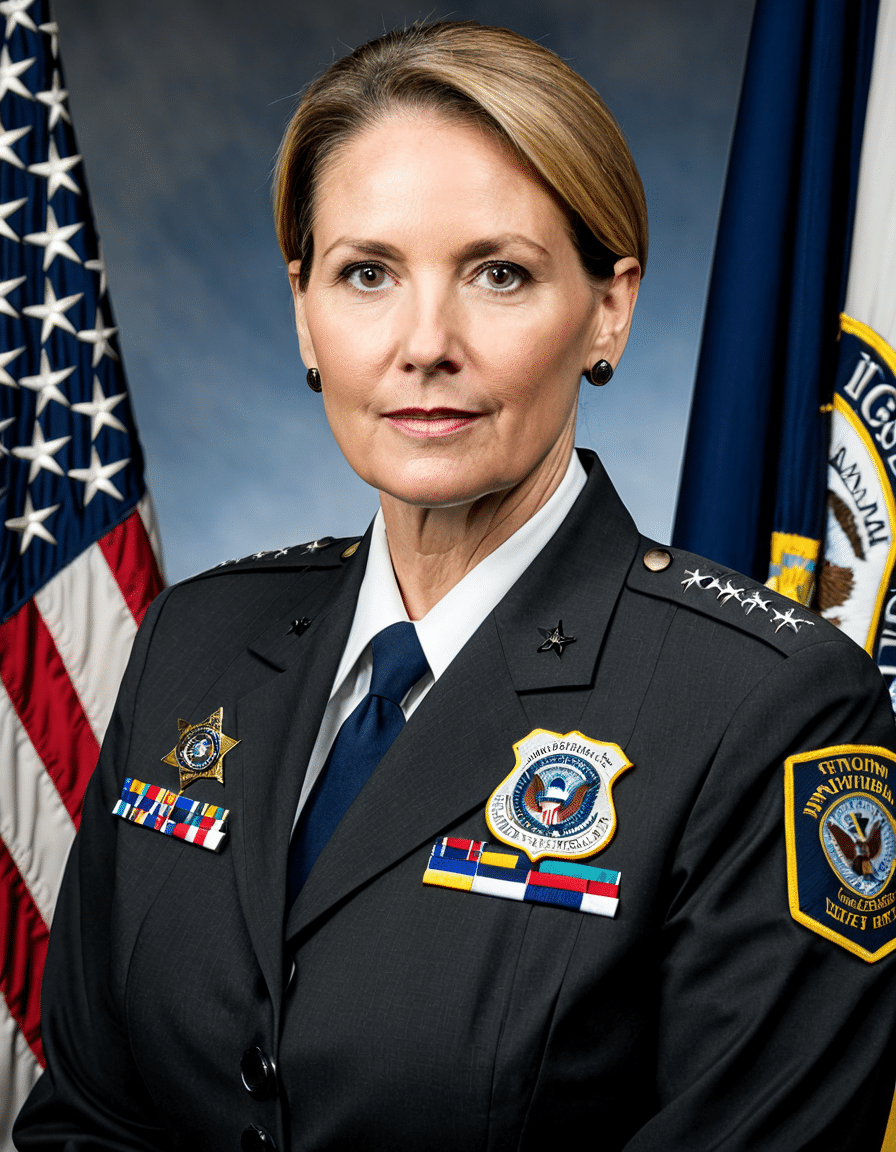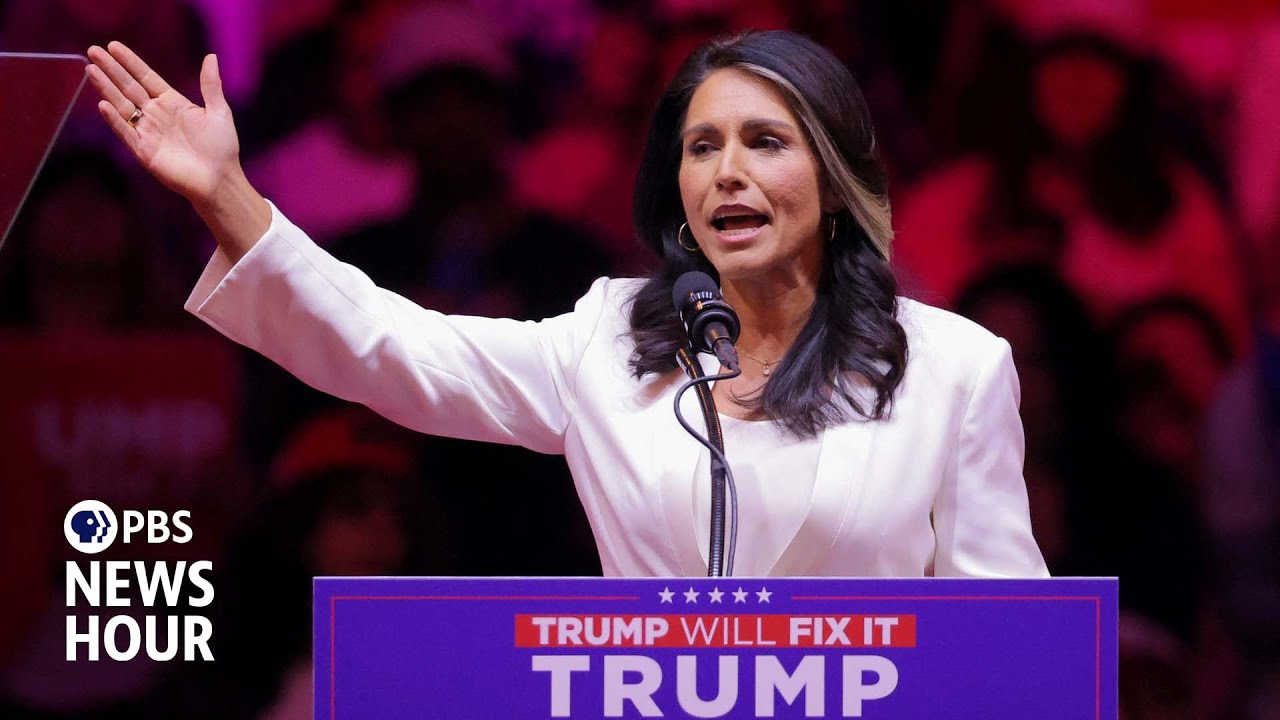As the United States navigates a complicated global landscape, the role of the Director of National Intelligence (DNI) has never been more pivotal. With an evolving threat landscape that includes cyber warfare, international terrorism, and shifting geopolitics, understanding the responsibilities and influences of the DNI can help illuminate national security strategies. Below are key insights gained from both recent actions and broader trends impacting the Office of the Director of National Intelligence in 2023.
Top 5 Key Responsibilities of the Director of National Intelligence
The DNI leads the 18 agencies that comprise the U.S. Intelligence Community, including the CIA, NSA, and FBI. This oversight is crucial for coordinating intelligence efforts and ensuring effective data-sharing protocols, especially in counterterrorism. The DNI’s leadership ensures that agencies collaborate seamlessly, reducing duplication of efforts and enhancing the effectiveness of national security missions.
In 2023, the DNI has assumed a more significant advisory role to the White House Counsel, particularly on national security threats. This collaboration has fortified legal frameworks around surveillance and boosted defenses against foreign election interference. With rising cyber threats, the DNI’s insights are integral in crafting responsive strategies that adapt to present-day challenges.
The partnership between the DNI and the Secretary of Defense has grown more evident as global tensions escalate. Insights from the DNI have been instrumental in supporting military strategies in sensitive areas like the South China Sea. Intelligence compiled by the DNI aids in refining U.S. military posturing, making sure that responses are informed and timely.
The DNI has recognized that public awareness of security issues is essential for national resilience. Outreach efforts in 2023 have included initiatives aimed at informing citizens about misinformation and cyber threats, akin to the responsibilities of the Secretary of Education in promoting awareness and critical thinking among the populace. Engaging the community in discussions surrounding these issues can empower individuals to recognize and respond to security challenges more effectively.
Recent events concerning domestic extremism have compelled the DNI to work closely with law enforcement and local governments. Agencies like the Attorney General of Ohio have reported that local intelligence operations can support national strategies. This cooperative approach becomes central in tackling evolving threats that manifest within American borders.

The Impact of Technology on National Security Strategies
The integration of advanced technology has fundamentally changed how the Director of National Intelligence approaches national security in 2023. With an increasing reliance on artificial intelligence (AI) and big data analytics, the DNI seeks innovative ways to analyze threats more accurately. Collaborations with tech powerhouses like Palantir and IBM have bolstered the government’s capacity to process and interpret massive datasets efficiently, ultimately enhancing the decision-making process.
However, these technological advancements bring their own set of challenges. Ethical considerations regarding surveillance and privacy issues have become hot-button topics, prompting the DNI to engage with lawmakers and legal experts to navigate these murky waters. The interactions cultivate a nuanced understanding of digital surveillance’s regulatory implications while striving to maintain public trust.
As the director engages with these technologies, the potential for misuse looms large, highlighting the delicate balance the DNI must maintain. Through collaborations and constant dialogues with institutions, the DNI hopes to foster clearer guidelines that will help shape future legal frameworks surrounding national security technologies.
Assessing the Evolving Geopolitical Landscape
In 2023, the geopolitical landscape is rife with tension as the United States contends with significant adversarial forces like China and Russia. The DNI’s position enables it to inform critical policy decisions at the highest Levels of government. Ongoing conflicts, such as the war in Ukraine, serve as stark reminders of the essential role intelligence plays in shaping military and diplomatic responses.
The current issues intertwining climate change with national security prompt the DNI to leverage multifaceted intelligence approaches. Increasingly unpredictable environmental conditions can exacerbate conflicts, requiring the DNI to anticipate and mitigate potential crises that could threaten national stability.
Furthermore, the DNI collaborates with international partners to cultivate alliances that can counterbalance global tensions. These relationships foster strategic insights that inform U.S. foreign policy, showcasing the integral link between global intelligence and national security.

Future Directions for the Director of National Intelligence
As we look ahead, the role of the Director of National Intelligence will inevitably adapt to new challenges both domestically and internationally. Innovative strategies tailored to counteract cyber threats, address misinformation challenges, and enhance public awareness campaigns will take precedence. Engaging younger generations through partnerships with educational institutions can help bridge gaps in understanding complex security issues, making citizens more informed and prepared.
Moreover, the DNI aims to consolidate its influence by integrating robust intelligence practices across all levels of government, working closely with both local and national agencies. Ensuring that all stakeholders comprehend the evolving landscape of threats can help fortify national resilience against adversaries.
In summary, the DNI represents not just a position but a dynamic role that plays a crucial part in the intricate interplay of politics, law, and security in today’s society. In a world that shifts constantly, the insights and actions of the Director of National Intelligence will undeniably shape the future of national security strategies in the United States and beyond.
Whether it’s informing the White House Counsel or collaborating with the Secretary of Defense, the Director of National Intelligence stands at the forefront of ensuring that the United States can effectively respond to and anticipate security challenges in a rapidly changing global environment.
The Director of National Intelligence: Fun Facts and Insights for 2023
When you think about the director of national intelligence, perhaps images of top-secret operations and classified briefings come to mind. But did you know that this position was established only in 2004? In response to the 9/11 attacks, the role was created to weave together intelligence from various agencies into a unified approach. Talk about a tight-knit team! It’s akin to how los tios combines familial and friendly ties to create a supportive network.
Inside The Intelligence World
Besides overseeing a massive intelligence apparatus, the director of national intelligence must also navigate the political landscape. For example, they work closely with Congress to secure funding, though much like how you’d inquire about how much is tsa precheck to save time, getting funding requires a savvy approach too. They need to present their case compellingly to ensure they get the resources necessary for national security.
Also interesting is the blend of technology they employ. You might have encountered AI-driven content like ai taylor swift, which reflects how far technology has come. The use of AI in intelligence is growing, making the efforts of the director of national intelligence even more vital in adapting to new methods of information acquisition and analysis. It’s like being the captain of a ship—think captain jack sparrow—who must constantly adjust the sails to catch the changing winds.
Fun Insights
Curious about the director’s eclectic skill set? Apart from strategic thinking, they also need a pench for effective communication—essential in delivering briefings that keep everyone informed. If the Miami Heat score is a topic of lively discussion, how much more stimulating is a report on national security threats? Each briefing shapes the dialogue around crucial safety topics. Just like the information in kelly preston filmography, which highlights diverse roles, the intelligence community requires adaptable and versatile leaders.
There’s also a practical side to the job. Managing resources is key; think of it like using a drill bit sharpener—keeping tools in optimum shape ensures the job is done efficiently. And speaking of talent, some leaders rise from unexpected places, just like javion mcgee henderson north carolina, who showed that homegrown talent could shine on a larger stage. The blend of personal journey and professional skill makes for fascinating stories within the world of the director of national intelligence.







